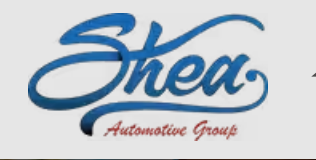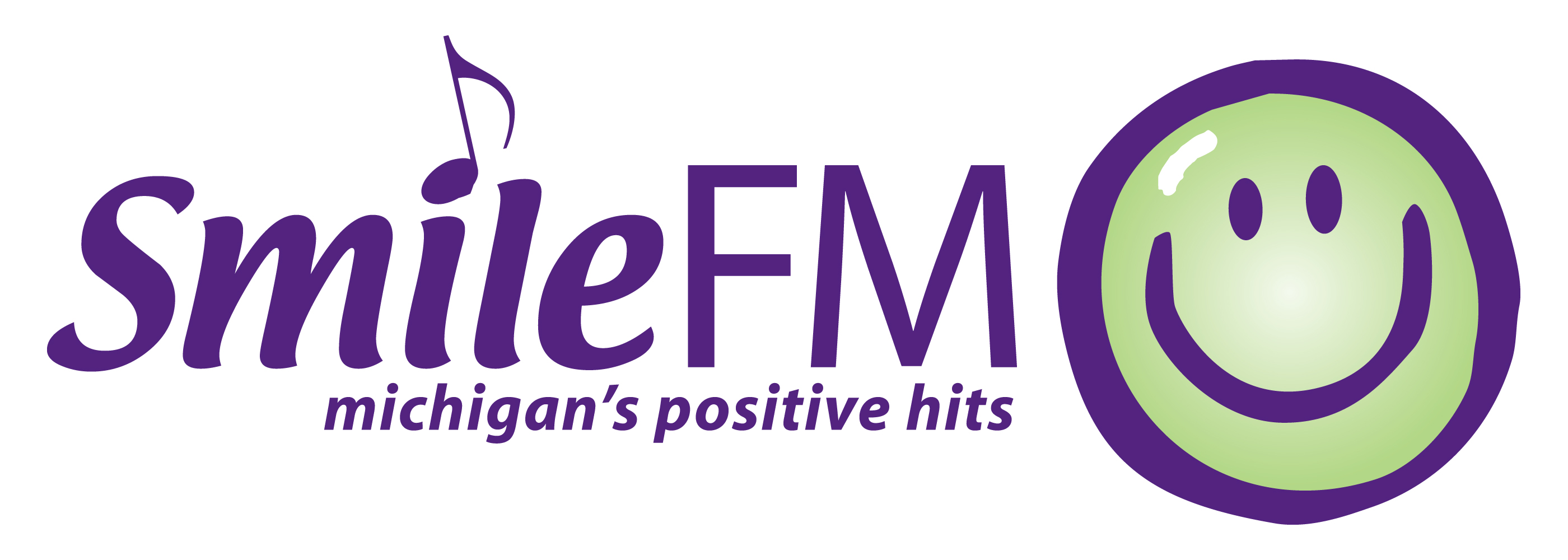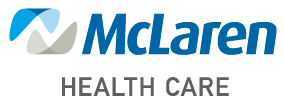Operations
Get Your License
New to Ham Radio?
D-STAR
SSTV Images
Volunteers
Register
Community
Forums
News
Polls
Social
Resources
Calendar
Library
Links
Photo Album
Engineering
Classifieds
Callup List
Site Info
Support
Leadership
About
Contact
Getting your 'Ham' Radio License
What is Amateur Radio?:
Amateur Radio (nicknamed "ham radio" domestically) is not just an emergency communications related service. It's the greatest hobby and communication resource in the world! Ham radio operators use a multitude of different radio frequencies to make friends with people all over the world, communicate over orbiting space satellites, and provide emergency communications during disasters.
Ham radio, as it is often called, is a hobby. It is a non-commercial radio communication service whose primary aims are public service, technical training, experimenting with radio electronics, and leisure communication between private persons. Hams are noted for providing communications in times of emergency or disaster. Ham radio exists in nearly every country and (for the most part) on the same frequencies. This allows amateur radio operators to communicate internationally. Amateur Radio (in the United States) is governed by the Federal Communications Commission and by Part 97 of the Title 47 Telecommunications regulations. By international treaty, the amateur and amateur-satellite services are for qualified persons of any age who are interested in radio technique solely with a personal aim and without pecuniary interest. In areas where the services are regulated by the Federal Communications Commission, an amateur operator must hold an FCC or Canadian license or be a foreign-licensed amateur whose country has entered into a reciprocal licensing/operating arrangement with the United States or who holds a CEPT or IARP license.
In the United States, Amateur Radio is administered by the Federal Communications Commission. The FCC requires hams show competency and knowledge of electronics, radio frequency safety, operating procedures, and basic rules and regulations by passing different written multiple choice exams. There are currently three classes of amateur radio license in the U.S., each with progressively higher privileges and each requiring a progressively more difficult exam.
What Can I do with a Ham Radio License?:
There are so many things, it's a difficult question to answer, but here's some ideas:
- Talk to people in foreign countries. DX'ing (Long Distance Communications) is a favorite of many hams!
- Talk to people (both local and far away) on your drive to work
- Help in emergencies and natural disasters by providing communications.
- Provide communications in parades, athletic races, walk-a-thons, and other public service events.
- Help other people become hams. (We call it "Elmering.")
- Hook your computer to your radio and communicate "computer-to-computer." Hams use radio modems.
- Collect QSL cards (cards from other hams) from all over the United States and foreign countries and receive awards.
- Participate in contests or Field Day events.
- Provide radio communication services to your local Civil Defense organization through ARES (the Amateur Radio Emergency Service) or RACES (Radio Amateur Civil Emergency Service) ...or even FEMA, (the Federal Emergency Management Agency.)
- Aid members of the U.S. military by joining the Army, Air Force or Navy/Marine MARS (Military Affiliate Radio System).
- Participate in transmitter hunt games and maybe build your own direction-finding equipment.
- Have someone to talk to on those sleepless nights at home.
- Receive weather pictures via satellites.
- Build radios, antennas, learn some electronics and radio theory.
- Talk to astronauts in space, or use the moon to bounce signals back to people on the Earth.
- Experiment with Amateur TV (ATV), Slow-Scan TV (SSTV), or send still-frame pictures by facsimile.
- Use GPS Tracking of yourself and other hams via modes such as APRS on a massive international network complete with messaging.
- Communicate through orbiting satellites. (There are many in ham satellites in orbit that are owned and operated by the amateur community! And you can use them without any cost whatsoever!)
- Fly RC Aircraft on special Ham Radio only frequencies.
- ...and this is only the beginning! You are limited only by your imagination and ingenuity.
How far can I talk on ham radio?
Different frequencies allow you to talk different distances. An entry-level Technician class license will give you access all ham frequencies above 30 MHz. This gives you access to the popular Two Meter (144 MHz), 1.35 Meter (222 MHz) and 70 Centimeter (440 MHz) among other ham bands. These frequencies will give you a day-to-day range of about 50-100 miles depending on your equipment. You'll also have access to the exciting 6 Meter (50 MHz) "DX" band where contact of up to 3,000 miles are possible. As you progress to higher classes of license, you'll get access to ham radio's short-wave frequencies, below 30 MHz, where you can work stations around the world each and every day of the year. Ranges can obviously be increased if using Satellites on these bands.
Classes Available:
Classes are often available (Locally in Genesee County area) and hosted by the Genesee County Radio Club. Please check out their site for more information on upcoming classes and registering requirements.
Elmer'ing Available:
GC-ARPSC would be happy to set you up with a helping hand through our Elmer program to help you as you start getting your license and learning the ropes. Please contact the Elmer Email Hotline for more information.
Licensing and their Requirements
Anyone can become a ham except representatives of foreign governments. There are no age restrictions. If you can pass the written you can be a licensed ham operator. There have even been 6 year old ham operators. No Morse code proficiency is needed for any license classes.
Up until April 15, 2000, there were six classes of Amateur Radio operator license, each authorizing varying levels of privileges. There are now only three. Technician, General and Amateur Extra Class. The class for which each examinee is qualified is determined by the degree of skill and knowledge in operating a station that the examinee demonstrates by passing a license examination before a team of three volunteer examiners (VEs) in his or her community. Most new amateur operators start at the Technician class and then advance to the General Class ...and later to the top-of-the line Amateur Extra Class.
Who administers the exams?
The ham radio license exams are administered by volunteers amateurs of general class or higher. These VEs (Volunteer Examiners) receive no compensation for their work, so be sure to thank them!
How much does an amateur radio license cost?
There is no cost for having an amateur radio license. The license is FREE! However, there may be a slight fee to take a test for a new license or an upgrade. VEs are allowed to charge a small fee to offset the costs that they incur when administering tests. This fee is currently $15.00 per exam.
Where can I take a test?
Testing sessions for amateur radio license exams can be found at various locations around the country. Sessions usually take place on weekends or on weekday evenings because these times provide the most accessibility to the largest number of people. Most testing sessions take place an public buildings. Popular locations include public libraries, police stations, senior citizen's centers and the like.
Local V.E sessions can be found on the ARRL's website.
If you live outside Genesee County, please check out the ARRL Exam search for a session near you.
If special needs are a concurn, FCC rules allow the examiners to be flexible when administering tests to those with special needs. They will be able to provide tests in Braille or administer the exam verbally to sight impaired examinees, for instance. If you will need this kind of special assistance when taking your exam, please make sure to mention it when you call to pre-register for the exam.
What are the different license classes?
| NOVICE- There are actually still five license classes, but as of April 15, 2000, you can only apply for three of them. These three are the Technician, General, and Extra Class. The issuance of new Novice Class and Advanced Class licenses have been discontinued. But the FCC still continues them in their database if a radio amateur already held the class on the April 15, 2000 changeover date. Amateurs that held Novice and Advanced Class licenses may renew and modify them indefinitely ...that is, they may change their address, station call sign or name. This process is called "grandfathering." But no new Novice and Advanced Class operator licenses are being issued. And there are still unique privileges that are accorded to Novice and Advanced Class operators. Novice operators have a very limited access to frequencies higher then 50MHz and limited access to HF frequencies lower then 50MHz which mostly comprise of Morse Code only rights. |
| TECHNICIAN- Almost all radio amateurs begin their ham career as a "Tech." The privileges of a Technician Class operator license include operating stations while transmitting on channels in any of 17 frequency bands above 50 MHz with up to 1,500 watts power. It also allows access to two of the most popular ham bands, 2 meters and 70 cm ...otherwise known as "440" (MHz.). These are the most used frequencies used by MSCG and other emergency related communications. In addition, Techs get substantial CW (Morse Code) privileges on 4 of the most popular HF (Long Distance) bands (10M, 15M, 40M, and 80M) along with voice operation on one of the four. (10Meters)
To pass the Technician Class examination, at least 26 multiple choice questions from a 35 question written examination must be answered correctly. There are a total of 384 possible questions in the pool from which these 35 questions are drawn. All questions in the various question banks are known and widely published. There are no secret questions. The Technician Class is the most popular license with about one-third of all radio amateurs holding this license class. |
| GENERAL- The General Class operator license carries the majority access to all mode and frequency privileges in at least portions of all 27 bands. Of particular importance is access to the world-wide 20 and 40 meter ham bands. Upon accreditation by a volunteer-examiner coordinator (VEC), a General Class license holder may help administer certain examinations (Element 1 and 2 only) or even establish their own testing team. In addition to the above (Element 2 Technician) written examination element, the examinee must pass another 35 question examination (General Element 3). Twenty-six correctly answered questions is the minimum passing score. The General Class is the second most popular ham class. About a fourth of all ham operators hold this class. |
| ADVANCED- Like the Novice Class, the FCC discontinued issuing new Advanced Class operator licenses on April 15, 2000. But those amateurs who held that license class prior to that date may still renew or modify (that is, change their address, station call sign or name) their Advanced Class license indefinitely. The privileges of an Advanced Operator Class license includes small chunks of additional spectrum in the 80, 40, 20 and 15 meter high frequency bands. |
| EXTRA- The privileges of the top-of-the-line Amateur Extra Operator Class license includes substantially more spectrum privileges in the HF bands. A big advantage to these frequencies is less competition for your signals since only about 15 percent of all U.S. amateurs ever make it to this level. In addition to Element 2 (Technician written test) and Element 3 (General written test), you will have to pass another 50 question multiple choice examination (called Element 4). The minimum passing score is 37 questions answered correctly. There are 665 possible questions in the Extra Class question pool. Again they are all known and are contained in study material. |
Ok, I want to get my license. Now what?
- Get an Elmer to help you along your journey, and socialize with local hams.
- Check into a class if available.
- Acquire study materials that fit your lifestyle and begin preparing for the test.
- Take practice exams online to gauge your readiness.
- Find a testing location and go try getting your test passed when your passing the practice exams at 80-90%+.
- Wait for license to arrive.
- Get on the air!
I would like to get my ham license. Which class should I study for?
Study for the Technician class exams first. This enables you to get on the air and operate. If you later decide to expand your operating interests you will be able to upgrade to General by passing only an additional 35 question theory test. It should be noted that you can take additional exams over the Tech in one setting and the original VE fee once passing the Tech. This means that you can theoretically go to one exam session and leave there having passed your Amateur Extra Class exam and only pay the one VE fee. For this reason, it is suggested that you at least TRY the higher license class test if you pass your Tech.
After passing my test, how soon can I get on the air?
As soon as your call sign is issued. These days most filing is done electronically, and call signs are usually issued in 3-7 working days. Check an on-line call sign database like QRZ.com everyday to see if your new call sign was issued yesterday! As soon as you have your call sign, you can start enjoying ham radio.
If you already have a license, and you just passed an upgrade to a higher class, you can get on the air using your new privileges immediately. You just have to append your current call sign with an identifier such as /AE for Extra class or /AG for General class.
What does ham radio equipment cost? What kind of radio should I buy?
Again, there's no one right answer for everyone. Most people usually start out with a Two Meter or a dual band (Two Meter / 70 Centimeter) handheld. This has the advantage of being portable, so you can take it with you while walking around, or use it your car with an external mag mount antenna, or at your house with a roof-mounted base station antenna. Mobile / base station radios offer more output power, but aren't nearly as portable. Generally, handheld radios sell for $150-300 and mobiles sell for $200-500 depending on the features and the frequency bands included. You can assemble a complete station for much less than the cost of a typical computer system. The ham community prides itself in keeping used gear on the market. Looking in the right places can offset costs in gear a great deal.
Other Resources
Books-
Ham Radio License Manual- We highly recommend finding or buying a copy of this study guide. It is easy to read and prepares you well for your Technician Test. You should be able to order it online or from any major book store, some of which may even have it in stock.
Online Practice-
QRZ.com- Question by Question practice test.
Eham.net- Fill in entire exam practice test.







